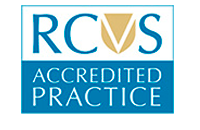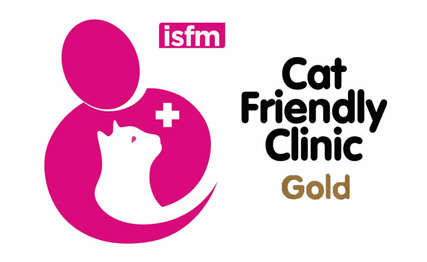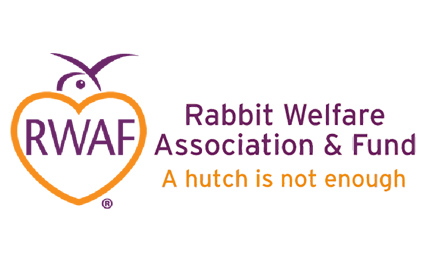24 hour contact: 020 7387 8134
What to do if your pet is injured
The most common pet injuries we see at the RVC Beaumont Sainsbury Animal Hospital are:
- Road traffic accident
- Eating something they shouldn’t
- Bites and bite abscesses
- Poisoning
- Airgun wound
- Falling from height
- Eye injuries
- Torn claws/nails
- Lameness
If your pet is injured call us straight away on 0207 387 8134 so that we can arrange to see your injured pet as quickly as possible.
Top Tips for Handling Your Injured Pet
Even the most gentle pet can bite or scratch if injured or afraid. Pet first aid at home is not a substitute for veterinary care, but it could save your pet's life whilst you seek veterinary treatment.
- Do not attempt to hug your injured pet
- Always keep your face away from the mouth of an injured pet
- Call us before setting off to the hospital, so that we can be ready for you when you arrive
- Don't put a muzzle your pet if they are vomiting or struggling to breathe
- If it is safe to do so, apply pressure to bleeding wounds using a clean towel or kitchen paper during transport to the hospital
- Any first aid administered to your pet should be followed by immediate veterinary assessment
Transporting Your Injured Pet
While transporting your injured pet, keep it confined in a small area to reduce the risk of additional injury. Pet carriers work well, or you can use a box or other container (but make sure your pet has enough air). Cats and other small animals may be wrapped in a towel to restrain them - but not too tightly and do not cover the head area.
For larger dogs, you can use a board, toboggan/sled, door, throw rug, blanket or something similar to act as a stretcher.
Call RVC Beaumont Sainsbury Animal Hospital on 020 7387 8134 to book an appointment for your injured pet today



